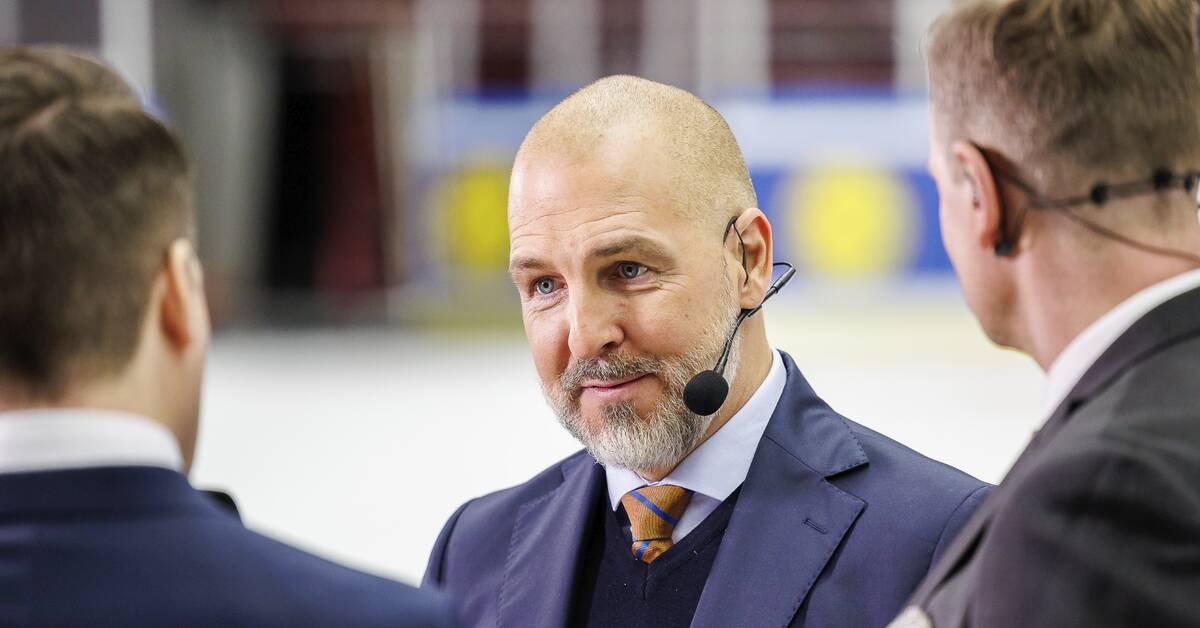Erik Granqvist has busy days: with phone calls, trips and interviews.
All because he broke the silence, more than 30 years after the abuse, the wedge that came to characterize his life.
- Very quickly I began to have incredible anxiety, did not dare to sleep at night and began to have suicidal thoughts.
My whole worth as a person was linked to what I achieved, and that made me extremely vulnerable, so when I exposed myself to this lack of leadership and penmanship, I didn't have the resources in me to deal with it, he says.
A tidal wave of response
Mission Review is currently talking about the extreme culture surrounding training and psychological pressure in Swedish sports, mainly linked to traditionally female sports such as figure skating and rhythmic gymnastics.
But in the tidal wave of response that Erik Grankvist has received, there are many men.
Regardless of the degree of abuse, the norm of silence risks dominating.
In Sweden, there is a whistleblower service and a sports ombudsman, but they are linked to the National Sports Confederation, which must therefore investigate itself.
- Extreme clarity is needed from the top: this is what applies in the dressing rooms, and an independent organization is needed.
There must be much clearer guidelines.
What is bullying in a locker room?
What is infringement?
What is abuse?

